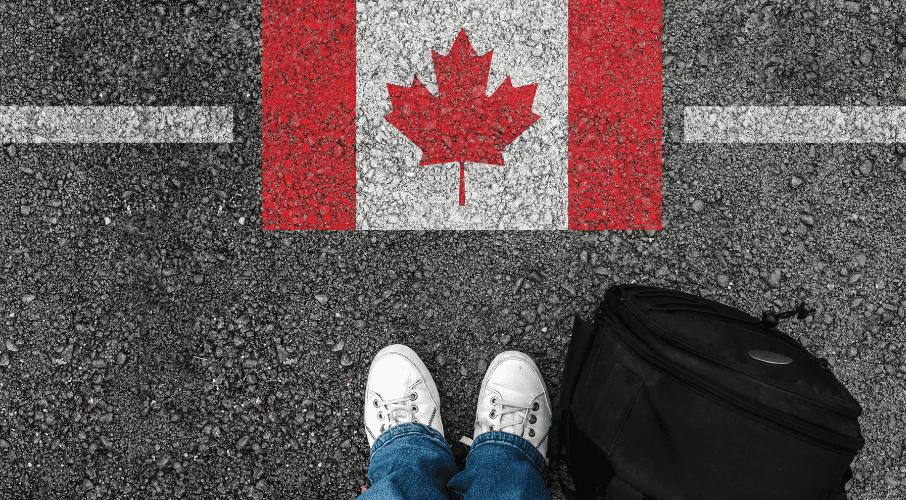By Meghrig Milkon, March 25, 2022
Canadians usually think that an immigrant’s journey ends once they arrive in Canada, but it doesn’t. The challenges facing young immigrants are often unnoticed and indeed silenced under the assumption that life is now better.
The war in Syria started when I was around nine years old, and we grew up with the fear of losing our loved ones at any minute. My parents, even through the war, sacrificed so many things for us and worked so hard to keep us in a peaceful and healthy environment.
One day, due to a major bombing, we lost our family home. That home meant everything to me. Those walls held all the beautiful memories I shared with my family: my first words, my fights with my sister, my mom’s delicious dishes. This loss caused my family to decide that it’s time to find a peaceful home for us, leaving everyone – grandparents, aunts, uncles, cousins – and everything familiar behind.
This decision was a turning point for our family, and especially for my parents. They were going to an unfamiliar place, were surrounding by unfamiliar people and faced the anxiety of creating a new home to replace the one they had lost. They sacrificed their jobs and friends for my siblings and I, for our future. And I appreciate and love them for this life they have given me.
Yet, since our arrival to Canada, I have become a prisoner to my guilt.
Seeing all my parents’ sacrifices, I have been desperate to make it up to them. I feel the need to do my best in school and get good marks. I feel the need to get into the university they want me to attend. If I did not accomplish these goals, I would feel guilty because their sacrifices would have all been in vain. It is the least I can do to make them proud of me, so they are at peace with their decision to come here.
Meanwhile, back home, relatives and friends are still struggling with the war and are in pain. Worst of all, they think that just because we moved here that everything is so easy and simple. I remember how it felt to be in Syria, and how it felt to be hopeless and wanting to escape.
Canada seemed like a utopia that everyone wanted to run to. Being here now, and not being able to help them, only leads me to feel greater disappointment in myself. I feel guilty for having opportunities and for not going through the same horrific experiences as them. This guilt, and the need to be what my parents expected of me, pushed me to my limits and left me burnt out.
The COVID-19 pandemic and the subsequent lockdown made my experience in school difficult, where even doing one simple assignment caused me to have breakdowns. Struggling with my own mental health and battling my own guilt, while trying to prove to my parents that I am not a failure, pushed me to fail not only in school, but in my expectations for myself. I lost my sense of identity and what I believed in, creating a cycle of even more shame.
As a grade 12 student, I am constantly being asked who I am and who I want to be. But really, I am a person who dreams of being a normal teenager. But being Syrian makes that impossible. I am a person who envies youths who never had to feel torn between two cultures, two sets of standards, or two identities. In school, I am forced to be like my Canadian peers, while at home I am expected to be perfect based on my school’s Canadian standard.
Ultimately, I am a person who is scared of not being good enough for everyone. By moving here, our experience in war finally came to an end. But it started a whole new battle. The most important thing that I learned along my journey to Canada is that this guilt is never going to be separate from my identity and daily life. Each day I am trying to use my guilt to improve myself and try to know who I am.
As a country, Canadian society does not acknowledge the survivor’s guilt caused by immigrating here. My trauma and past experiences did not disappear and are part of my inner turmoil. Despite the guilt, I am going to find myself and my place here in Canada.
Meghrig Milkon is a student at Regiopolis-Notre Dame Catholic High School. She came to Canada in 2019 from Aleppo, Syria. This article is the winning submission for the 2021 Speak for Ourselves Essay Competition.






